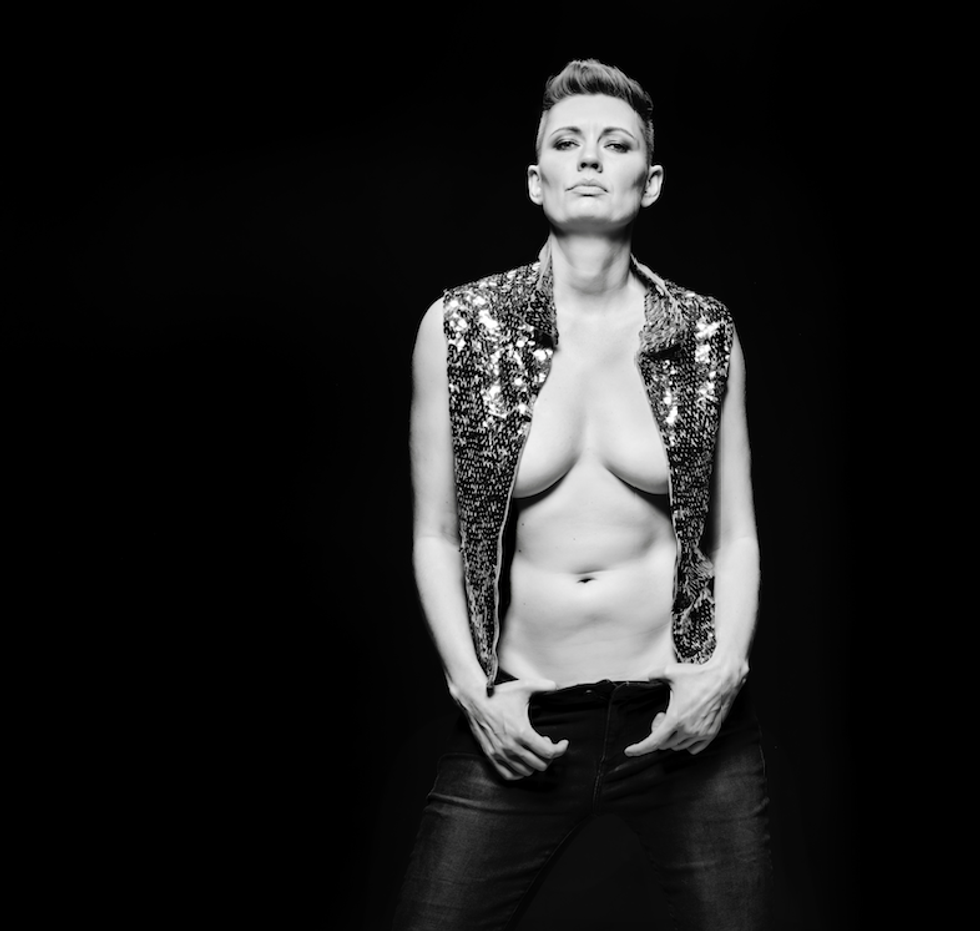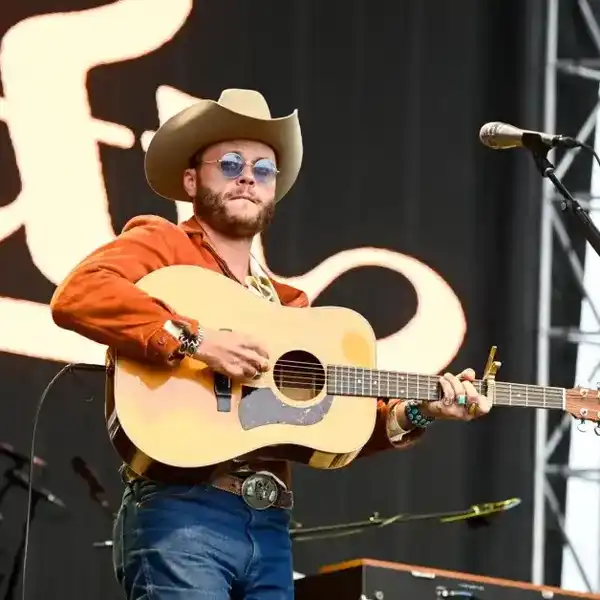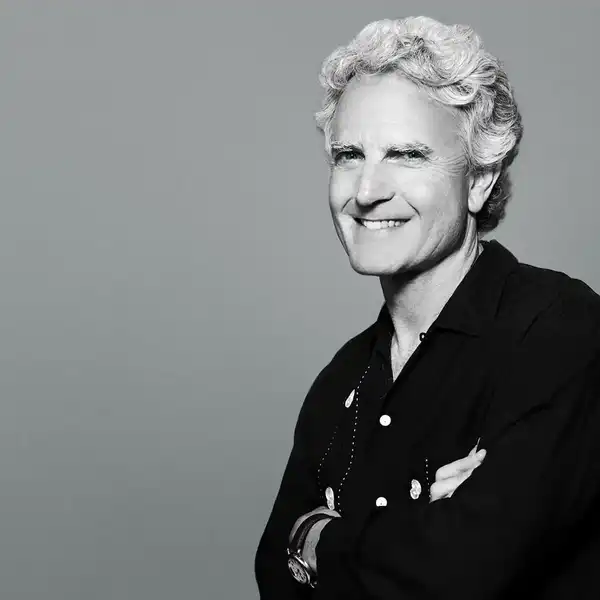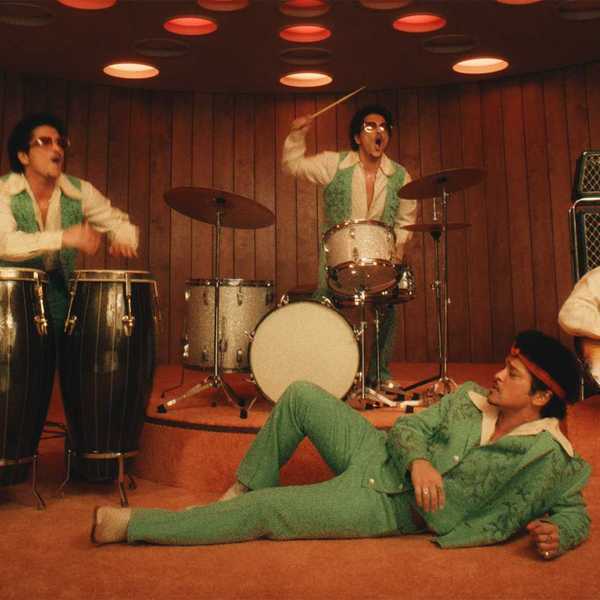Five Questions With… Dinah Thorpe
The stylistically diverse Toronto singer/songwriter has released a new album, For The Birds. Here she describes the making of the record, some favourite tracks, her artistic evolution, the impact of the pandemic, and a love of basketball.

By Jason Schneider
Dinah Thorpe has been called a composer of infinite cleverness for her ability to draw from a diverse range of influences from folk to trip-hop. The Toronto-based artist displays that combination of softness and muscle once again on her fifth project, For The Birds, 10 new tracks that are both intricate and danceable.
For Thorpe, the album title has three meanings. The first is that at one point she realized she was singing about birds a lot and thought it would make sense to name the album for them. The second stems from her embracing the phrase as a tongue-in-cheek reference to the often frustrating life of a working artist.
However, the third meaning is more reflective of her work as a community activist, in the context of “birds” being British slang for women. Although Thorpe approaches all of her work with the intent to open minds and to explore the realities of what women, trans, and non-binary people face on a daily basis, she is also feels comfortable injecting her sense of humour whenever its appropriate.
Thorpe has shared stages with Jeremy Dutcher, The Cliks, Sondre Lerche, Eternia, and Buck 65, while simultaneously having her work as a graphic designer recognized by the Junos. She can also often be seen in her Toronto neighbourhood delivering free meals by bike as part of The People’s Pantry, a volunteer collective aimed at keeping the city’s most needy fed during the pandemic.
Dinah Thorpe’s For The Birds is available through dinahthorpe.bandcamp.com, and you can find out more at dinahthorpe.com.
What makes For The Birds stand apart from your past work?
I worked on this record for a really long time—way longer than I have ever worked on anything. The oldest song is six years old and the newest song is six months old. The mixing and mastering took me months, and the vinyl design percolated in my head for over a year. I threw out way more songs than I kept. This is my first album where I feel like I am handing the world my insides—and the first one where I am showing a lot of my outsides. About half of For the Birds was written in Covid times, and it is certainly the first music that I have ever written during a pandemic. There is a lot of noise and also a lot of quiet. There is contrast and counterpoint. Overall, I think it is deeper and darker and more playful than my previous work.
What songs on the album have particularly special meaning for you and why?
I think of the first three songs on the record—The Spring Flowers, For the Birds, and Pottery Rd—as the first string. Though I am all for basketball, I am not generally all for sports metaphors… but for some reason, it fits in this case. I think of them as sort of a mini-set and I enjoy how they sound separately and sequentially. All of the songs are meaningful for me, but some are harder to listen to because they remind me of difficult things.
How would you describe your artistic evolution to this point overall?
There are so many worlds contained in this question. One is figuring out how you work best and what you want to make, what to throw out and what to keep, what to show people, how to build an artistic community and the small matter of figuring out how to make a living as an artist in a world where it is very unlikely to pay any of your bills. I have worked out some of these over the past 12 years, and am still working on the rest.
How have you adapted to engaging with your audience during the pandemic?
I think it is a really good time to release recorded music—especially as the long, dark, pandemic winter approaches. A new record is also a very safe way to bring someone new home with you! There is a lot of me on this record, both sonically and visually, and I hope that it can offer some good company to people while they are trapped at home.
I am very available online, and I so appreciate the feedback people have been sending me about the record. I’ve been doing a series of online interviews, and appreciate the opportunity to speak about my work in any medium. Deep down, I am very much an in-person kind of person, and I look forward to getting back to that way of being in life and in music.
What's your mindset looking ahead to next year and the prospect of hopefully playing live?
Going to concerts is one of my favourite things. Aside from playing basketball, it’s probably what I have missed most in Covid times. Performing is difficult for me, and something I have realized that I need to do somewhat regularly in order to not become immobilized by stage fright. So on the one hand a break from performing feels fine—I get to be in my studio, which is where I am the most content. On the other hand, there is a real risk of retreating there and never emerging!















